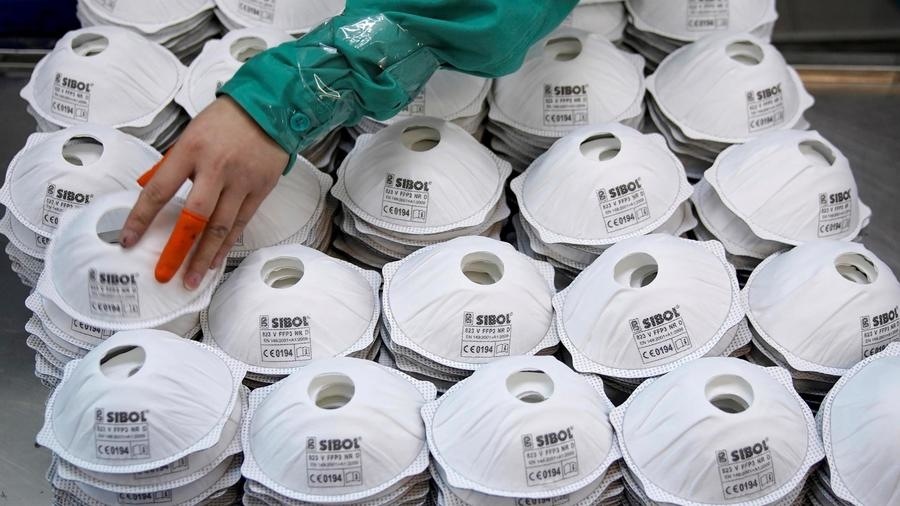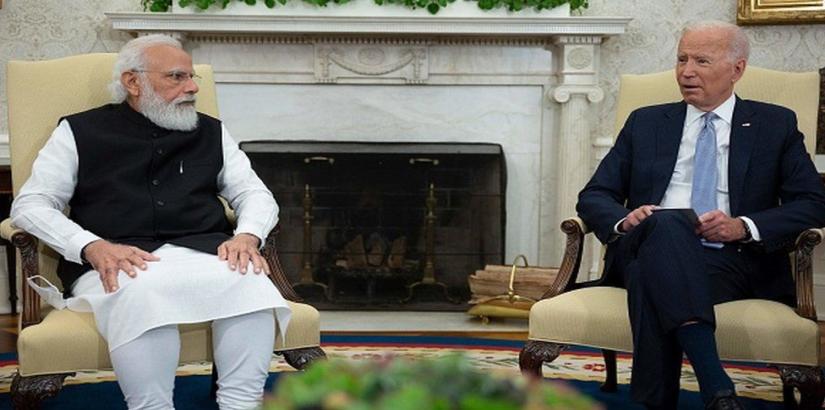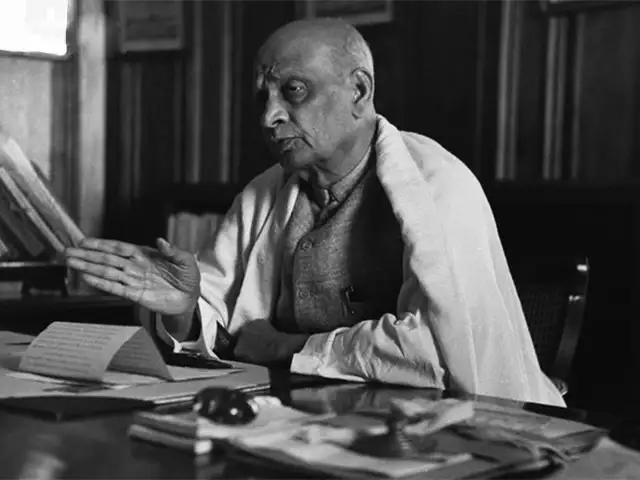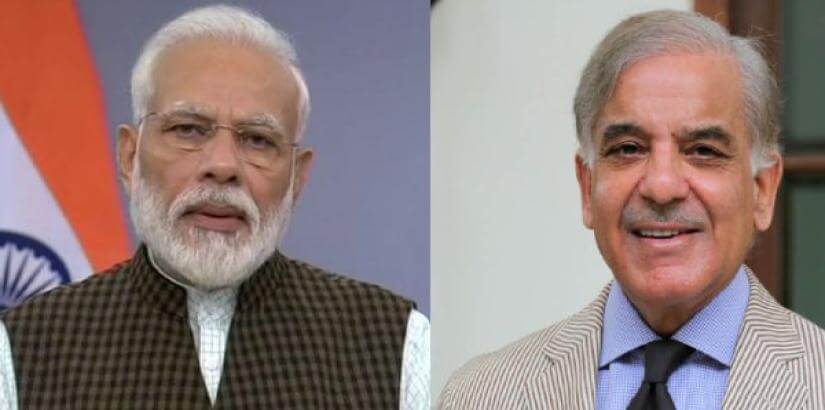D.D. KALE
The deadly coronavirus pandemic, that originated from China, has so far killed over 1.35 lakh people across the world. The COVID-19 pandemic will leave severe scars on the economies across the world, as life has come to a standstill post lockdown announced by most of the countries. As per UN estimate the pandemic has wiped $50 billion off global exports in February alone.
In India, the first case of the coronavirus was reported on 30 January 2020, originating from China. As of April 16, 2020, the Ministry of Health and Family Welfare has confirmed a total of 12,380 cases and 414 deaths in the country.
As the cases of COVID-19 positive patients are rising in India, the demand for Personal Protective Equipments (PPEs), made from Single Use Plastic (SUP), used in preventing COVID-19 is rapidly increasing. Considering the importance of gearing up to meet the pandemic of COVID-19, the government should provide incentives to the industry so that adequate supplies are manufactured in the time bound manner.
Many countries globally and India, has made the use of mask, generally made from SUP, mandatory to curtail the spread of the deadly virus among people. The SUP gears — such as mask, gown, coat, eyewear, gloves – used by doctors, nurses and other medical staff to avoid spread and infection from deadly bacteria and virus. In a few European countries and the US many doctors and medical staff fall prey to COVID-19, while serving their duties.
The government, regulators, environmentalist and citizens should recognize the immense utility of the plastic gears, that too made of SUP and should do away with the thoughts of blanket banning moves and instead the industry should be encouraged and provided with adequate support to meet the unprecedented demand increase.
The use of disposable masks, gloves, gowns, goggles etc are proving to be the big time saviours of human lives by preventing the transmission of disease from one person to another.
As per WHO modelling, an estimated 89 million medical masks, 76 million gloves and 1.6 million goggles will be required every month. WHO has supplied around half a million sets of protective equipment to 47 affected countries, but supplies are rapidly running out. Even the US and European countries seeing acute shortage of PPE and they are looking outwards to secure supply.
Even China, one of the largest producer of PPEs, witnessed shortage of adequate Personal Protective Gears. To save lives, people in China have created makeshift alternate safety gears which includes; plastic water bottle jars, plastic sheets, plastic laundry bags etc to keep themselves safe.
The SUP protective gears should be disposed-off systemically and incinerated at high temperature, to avoid any further spread of virus and it will help redeem the bad name that SUP is generally assigned with.
Since several decades, plastics has been the only material convenient and viable in medical field and has once again come to the fore of human kind in this pandemic to contain the virus and saving so many human lives.
Plastic plays pivotal role in healthcare industry
Protective garments used by health workers such as mask, caps, goggles and gowns are generally made from plastics and are used by health professionals in such outbreaks to reduce the risk of infection as it work as a barrier from bacteria and virus.
Furthermore, IV bags and tubing, IV Canula and Disposable Syringes used for infusion of IV fluids are all made from medical grade plastics to avoid any contamination going through the blood stream. The disposable plastic syringes have completely replaced alternative options.
So far there are no alternative material has proven at par with the ease of utility and economics of all these varieties of medical grade plastics.
With increasing use of plastics in healthcare industry, the government and regulators should enforce right disposal and recycling practices to avoid contamination and spread of COVID-19 infection.
Since plastics are very useful material with immense utility the future course should on SUPs should be left to technically experts.
(D.D. Kale is an ex-Professor of Polymer Technology and Head of the Department of Polymer Engineering, UDCT, Mumbai. The views expressed here are personal)







